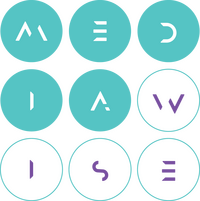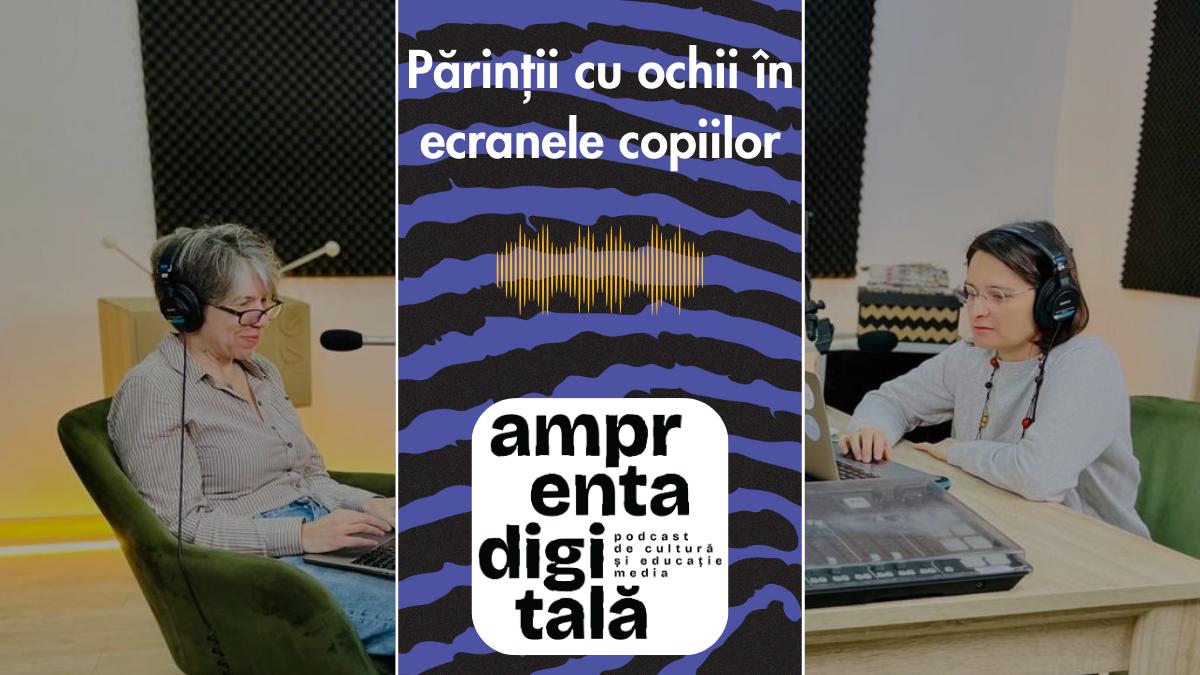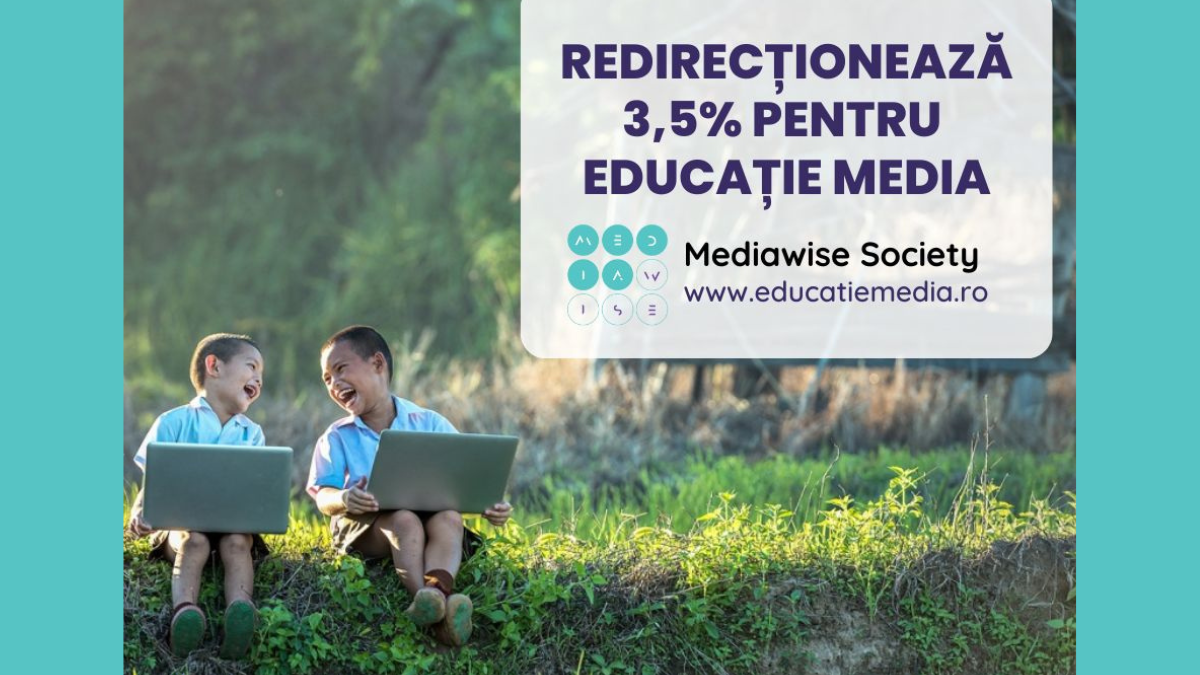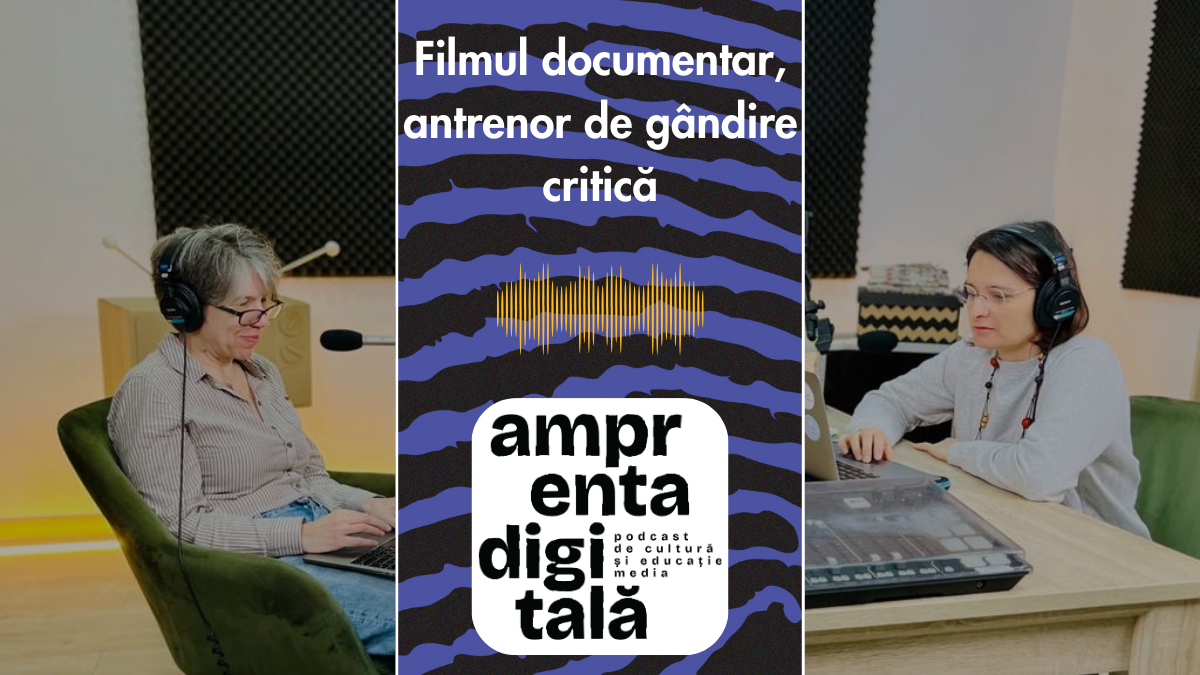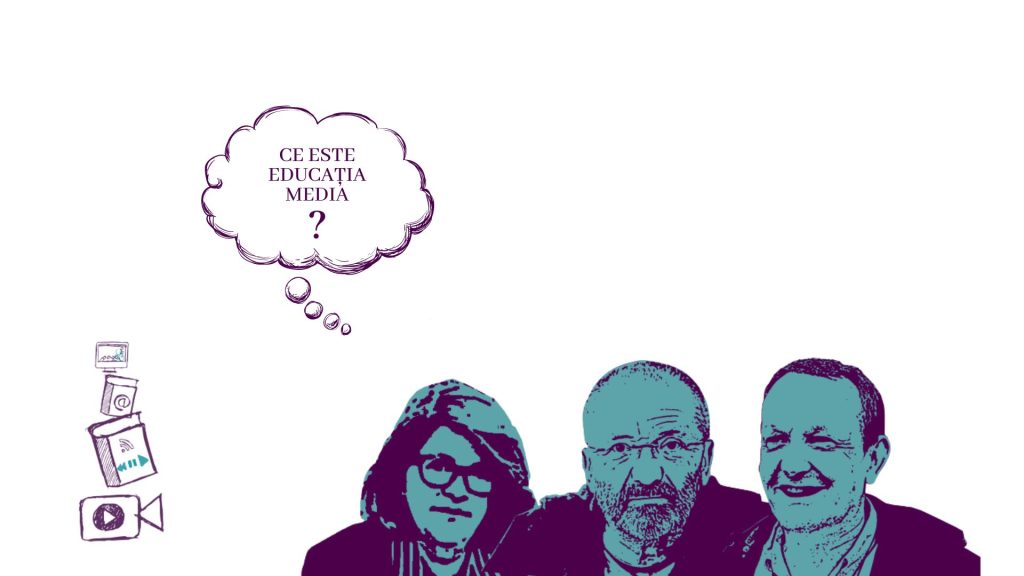
Deseori suntem întrebați ce este educația media? La ce este utilă? Domeniul este de multe ori confundat cu formarea profesională a jurnaliștilor sau cu informatica. Alteori, este asociat cu ideea de protecție împotriva relelor din mass media. Prin educație media – cred unii – apărăm consumatorii vulnerabili (de obicei, copiii și tinerii sau pe cei săraci și needucați) de ideologii și interese ascunse.
Educația media este mai mult decât atât. Presupune implicare și învățare activă despre media și despre felul cum le folosim. Presupune să chestionăm informațiile pe care le accesăm prin media, să le trecem prin filtrul gândirii critice. Învățăm despre cultura media în care trăim zi de zi, învățăm să ne descurcăm mai bine în rol de consumatori și utilizatori media, să înțelegem de ce creăm mesaje și pentru cine.
Educația pentru competențe media este educație pentru viață și ar trebui să fie parte integrantă în programa școlară.
Am rugat profesioniști din domeniu să ne explice pe scurt ce este educația media. Lansăm astăzi campania de informare despre educație media cu Renee Hobbs, director și fondator al Media Education Lab (University of Rhode Island).
Ideea de competențe media, spune prof. Hobbs, ‘înseamnă să regândești practici ca cititul, analiza critică și scrisul pentru era digitală. Să știi când o sursă de informare este credibilă. Să fii capabil să recunoști stereotipuri’.
